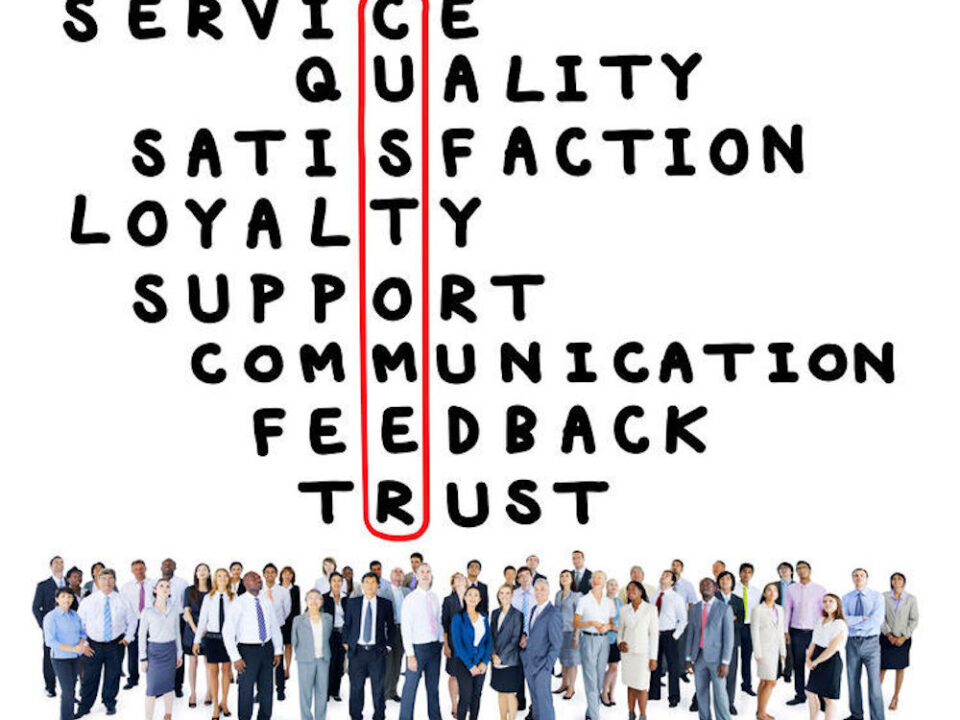
Small Business Strategy: The Importance of Stakeholders
March 24, 2014Presidents’ Day is around the corner, and it is worthwhile for the small business to stop and think about why we remember two of our great Presidents, George Washington and Abraham Lincoln. Their place in history extends far beyond their historic actions and ideas. Rather, their legacies are also defined by moral character, tenacity and tactical skill. As a small business owner, it occurs to me that each of these traits also define a great business. Here’s why.
Moral Character Grows the Client Base
History remembers Abraham Lincoln as a President that perceived slavery to be a fundamental evil; and therefore, he worked tirelessly to abolish it. His morality and view of slavery became the basis for his actions as President. Similarly, a small business must have a strong moral character in all that it does; because without one, it will never build lasting client relationships. A strong sense of morality will guide the major decisions of the business and underpin client relationships.
In fact, one of the most rewarding aspects of my business is interacting with clients. The one-on-one time that I spend with a small business owner establishes a foundation of trust. Personally, I have found that if I look a client in the eye and give him or her advice, (s)he will usually take it. It is because a business that develops a reputation of integrity combined with a track record of working solely in the interest of the client becomes a very valuable ally.
For example, there are some services that my company helps clients with, and we simply pass through the costs with no markup. Our clients are always pleasantly surprised. But it is not a stretch for us, because our business grows when we represent clients honestly, work solely in their best interest, and build the relationship. Our business is unique in that it offers many different services, and invariably, clients start with us in one product line and then add another. If we can be trusted in one area, then we earn a presumption of trust in another. Perhaps in the case of Abraham Lincoln, the nation’s belief in his moral character earned him the chance to move forward with his difficult domestic agenda.
It is the moral character of the business, in effect, which grows the client base.

Tenacity, but with Focus
Tenacity is one of my favorite words. It means, “the quality or fact of being very determined.” Particularly when a small business grows quickly, an owner can feel overwhelmed. Leads seem to come in from everywhere, time is sparse, hours are long and simple tasks like paying the bills go out the window. In those times, tenacity is critical, but it must be with focus. Successful small business owners work extremely hard, are determined to pursue their passion which underlies the business and commit the time to doing so. But as the business picks up, time management and the ability to focus on the key goals are critical.
Where should you focus?
- Cost control and expenses
- Client relationships and maintaining an on-going dialogue with your customers
- Follow-up conversations and work on running projects and current initiatives
- Key strategic objectives that are core to the business
Therefore, continue to pursue important deadlines, client relationships and projects with tenacity, and concentrate on key business objectives if you must do some picking and choosing. If a business is not executing particular aspects very well, it may be prudent to shed them if they are not core to the business. Don’t be afraid to make these types of difficult decisions to retain your focus.
Be Tactical and Smart, or Lose Ground
George Washington is often remembered as the general who crossed the icy, Delaware River on Christmas Eve during the American Revolutionary War. It was a turning point in the morale of the Continental Army and a bold strategic move. He knew that without the element of surprise, his army had no chance against the Hessians.
When I spend time with a new business, I am often caught off guard at how often the team has fallen into a pattern of complacency. The owners have taken a view that it seems to work, or at least it works well enough. Business is humming and no one on the management team has the time to contemplate the next downturn. What revenue streams could be jeopardized? Should they be bolstering other areas of the business just in case? On occasion when my company is brought in for strategic planning, I often hear, “Let’s think outside the box.” I always respond, “But, the answer might be in the box.”
Tactical thinking means planning ahead and envisioning scenarios different from the status quo. It means developing initiatives in anticipation of a changing environment often using resources you already have. It does not necessarily mean that the business needs a complete overhaul or change of course. It does mean that management needs to look at different scenarios and be prepared to act. Let the competition be complacent, like the Hessians, who assumed that the holidays would be a time of rest. Use surprise in your favor and be prepared to move in a different direction even when your competitors do not.
For a great example of the importance of forward, tactical thinking, see the Wall Street Journal article, “Apps are Wrecking Mom-and-Pop Pizza Shops.”
So, this Presidents’ Day, consider whether your business conducts itself with moral character, tenacity and tactical smarts. If you don’t think your company passes the litmus test in any one of these three areas, contact us and we will help realign your strategy.




